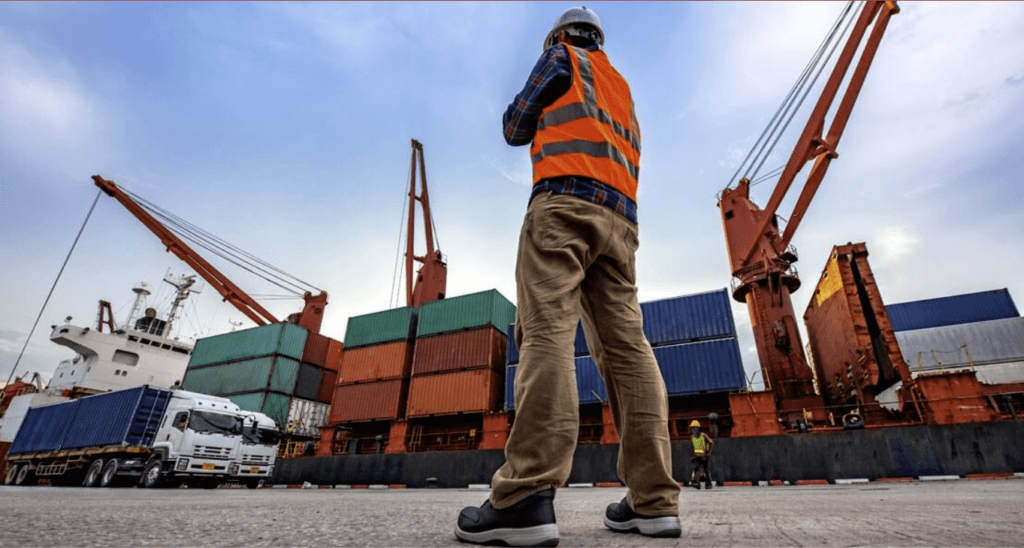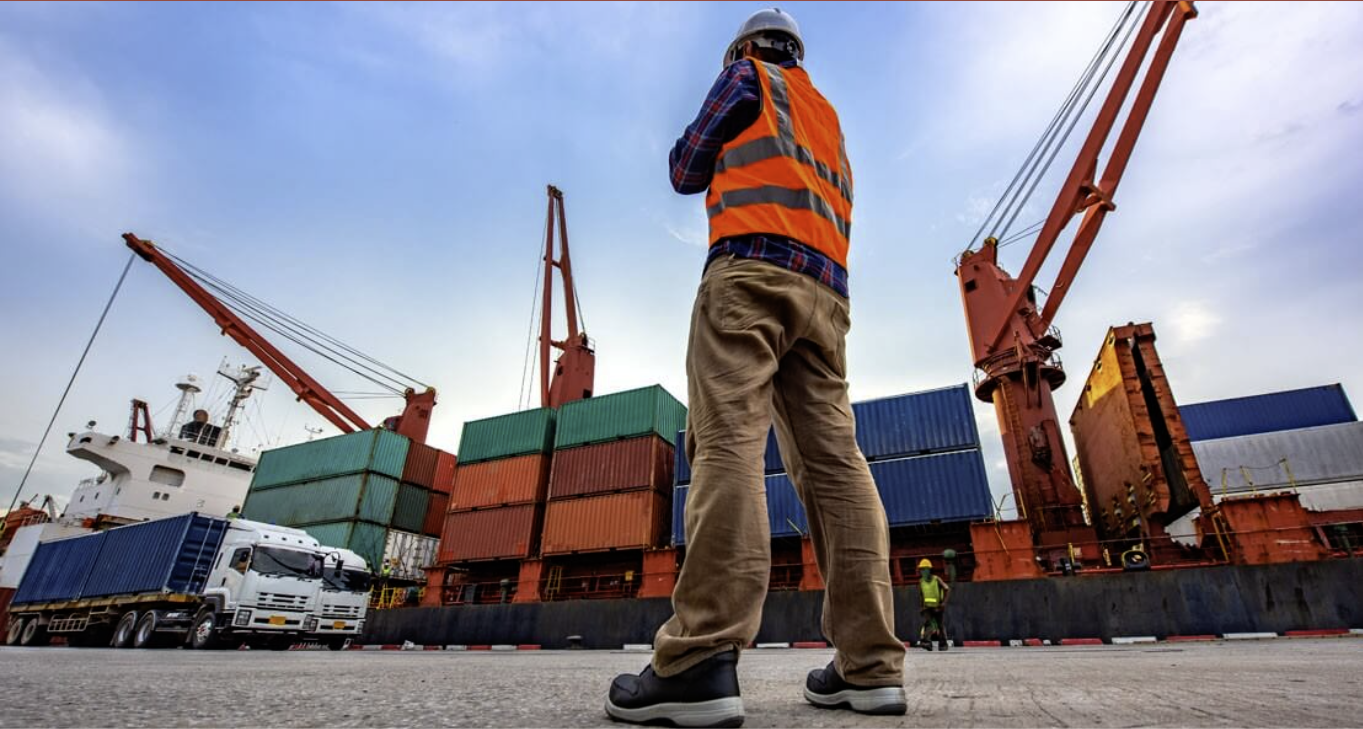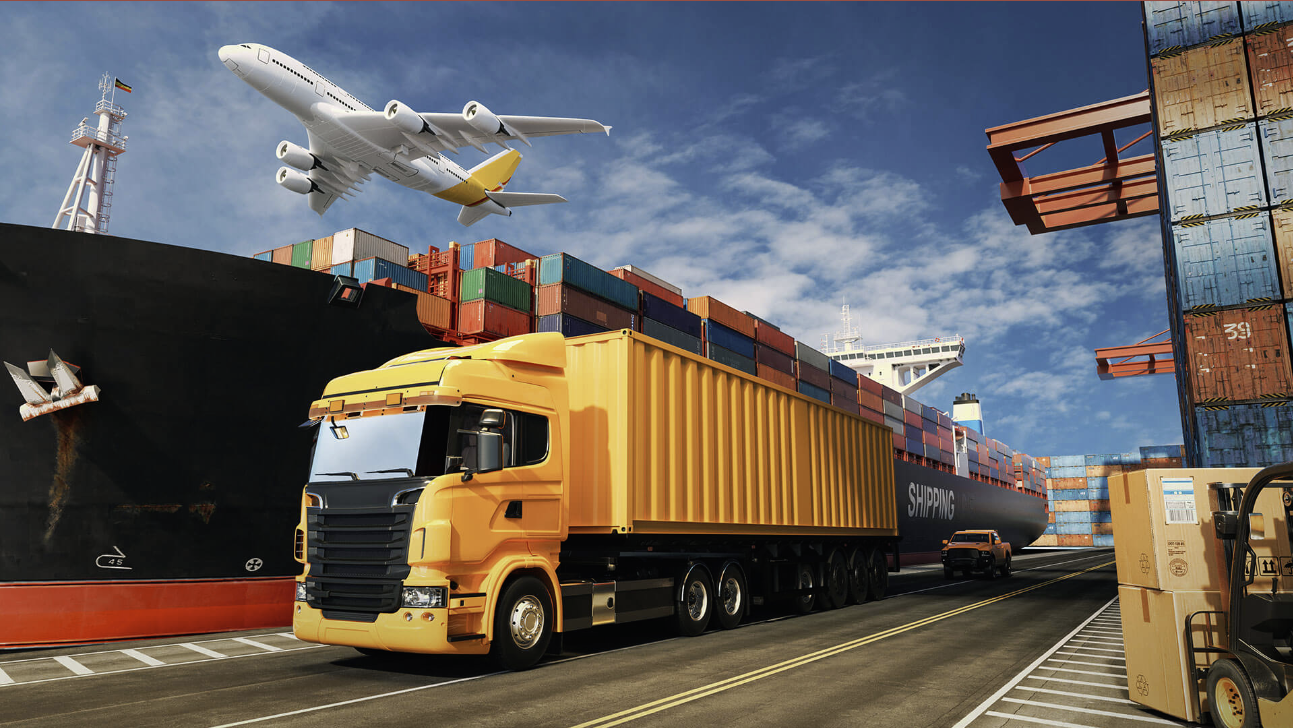Import-Export Business in Dubai – Dubai has long been established as a major trade hub connecting the East and West. With its strategic location, excellent infrastructure, and favorable tax environment, the city offers immense opportunities for entrepreneurs looking to start an import-export business. Whether you’re trading consumer goods, electronics, or raw materials, Dubai’s booming economy and global connectivity make it an ideal destination for import-export ventures.
In this article, we’ll walk you through every step on how to start an import-export business in Dubai, from market research and licensing to logistics and financing. We’ll also highlight top keywords and make the article SEO-ready, ensuring it reaches a wide audience.

Table of Contents:
- Why Start an Import-Export Business in Dubai?
- Benefits of Doing an Import-Export Business in Dubai
- Key Market Trends in Dubai’s Import-Export Industry
- Steps to Start an Import-Export Business in Dubai
- Conducting Market Research
- Choosing the Right Business Model
- Registering Your Business
- Getting the Necessary Trade Licenses
- Selecting a Free Zone or Mainland Setup
- Opening a Corporate Bank Account
- Finding Reliable Suppliers and Buyers
- Shipping and Logistics
- Customs and Compliance Requirements
- Marketing Your Import-Export Business
- Financing Your Import-Export Business
- Legal Regulations for Import-Export Businesses in Dubai
- Common Challenges and How to Overcome Them
- Conclusion: Why Dubai is a Gateway to Global Trade
- FAQs
1. Why Start an Import-Export Business in Dubai?
Dubai’s unique geographical position between the Middle East, Europe, Asia, and Africa makes it a global trading hub. The city serves as a major entry and exit point for goods traded worldwide. Dubai’s focus on infrastructure, logistics, and business-friendly policies have made it an attractive destination for investors and entrepreneurs looking to start import-export ventures.
Key reasons to start an import-export business in Dubai include:
- No direct taxes on corporate profits or income in most sectors.
- World-class infrastructure including major ports and airports.
- Strategic location connecting over 2 billion consumers in nearby regions.
- Government incentives and ease of doing business.
- Wide access to Free Trade Zones that offer 100% foreign ownership.
2. Benefits of Doing an Import-Export Business in Dubai
1. Global Connectivity
Dubai is home to one of the busiest airports, Dubai International Airport, and one of the largest seaports, Jebel Ali Port. This allows easy access to global markets and streamlined shipping processes.
2. Tax-Free Zones
In Free Zones across Dubai, businesses benefit from 100% foreign ownership, tax exemptions, and full repatriation of profits. This is highly beneficial for import-export businesses operating in global markets.
3. No Currency Restrictions
Dubai’s open economy allows businesses to deal with multiple currencies, making it easy to conduct international trade.
4. Logistics and Warehousing
Dubai offers world-class warehousing facilities, and its logistics network is supported by top logistics companies, enabling fast and efficient goods movement.
3. Key Market Trends in Dubai’s Import-Export Industry
The import-export industry in Dubai continues to grow, driven by demand for goods in sectors such as electronics, food, machinery, textiles, and automobiles. Some of the key trends in the market include:
- Increase in e-commerce: Online platforms and marketplaces are boosting demand for cross-border trade, especially in consumer goods.
- Rising demand for technology and electronics: As technology adoption grows, electronics such as smartphones, laptops, and accessories are in high demand.
- Sustainability-focused imports: Environmentally conscious businesses are importing sustainable products, materials, and technologies.
- Growth in automotive trade: Dubai is a key player in the import-export of luxury cars, auto parts, and machinery.
4. Steps to Start an Import-Export Business in Dubai
1. Conducting Market Research
The first step to starting an import-export business is conducting thorough market research. This involves:
- Identifying high-demand products that you can import or export.
- Understanding the market requirements, consumer trends, and competitors.
- Researching regulations, taxes, and customs duties for your products.
- Assessing shipping costs, logistics, and potential suppliers or buyers.
2. Choosing the Right Business Model
Determine whether you will focus on importing goods into Dubai, exporting goods from Dubai, or a combination of both. Some import-export businesses focus on wholesale, while others act as intermediaries, connecting buyers and suppliers.
Key Business Models:
- Wholesale Distribution: Import goods in bulk and sell them to retailers.
- Direct Sales: Export goods directly to buyers in international markets.
- Brokerage: Act as an intermediary between suppliers and buyers, earning commissions on transactions.
3. Registering Your Business
Once you have determined your business model and completed your research, you need to register your company. You can choose to register in Dubai’s Mainland or one of its numerous Free Zones.
Mainland vs. Free Zone Registration:
- Mainland Registration: You need a local sponsor who will own 51% of the business unless you’re operating a professional services company. Mainland businesses can trade freely in the local market.
- Free Zone Registration: You can enjoy 100% foreign ownership, no customs duties on imports and exports, and full repatriation of profits. However, you’ll need a local distributor to sell within Dubai.
4. Getting the Necessary Trade Licenses
To start an import-export business, you’ll need a Trade License from the Department of Economic Development (DED) or the relevant Free Zone Authority.
Common licenses for import-export businesses include:
- General Trading License: For companies trading a variety of goods, including food, electronics, and textiles.
- Specific Trading License: For businesses trading specific categories of goods, such as automobiles or industrial equipment.
5. Selecting a Free Zone or Mainland Setup
If you opt for a Free Zone setup, Dubai offers over 30 Free Zones, each catering to different industries. Some Free Zones to consider include:
- Jebel Ali Free Zone (JAFZA): Ideal for large-scale trading and logistics companies.
- Dubai Airport Free Zone (DAFZA): Convenient for businesses that rely on air freight.
- Dubai Multi Commodities Centre (DMCC): Focuses on commodity trading, including gold, diamonds, and agricultural products.
6. Opening a Corporate Bank Account
Once you’ve registered your business, you need to open a corporate bank account. Choose a bank that provides trade financing options, global payment solutions, and foreign currency services. Some well-known banks in Dubai include:
- Emirates NBD
- Dubai Islamic Bank
- Mashreq Bank
7. Finding Reliable Suppliers and Buyers
Building strong relationships with suppliers and buyers is critical for your import-export business’s success. You can source suppliers through trade directories, industry events, and international expos. Establish trust by maintaining clear communication and meeting delivery timelines.
8. Shipping and Logistics
Dubai’s efficient logistics network ensures smooth operations for import-export businesses. You can partner with local shipping and freight forwarding companies for transportation and warehousing. Some key logistics companies in Dubai include:
- DP World
- Aramex
- DHL
Ensure you have adequate insurance coverage for goods in transit to protect against damage, theft, or delays.
9. Customs and Compliance Requirements
All goods imported or exported in Dubai must go through Dubai Customs. You’ll need to submit documentation such as the commercial invoice, bill of lading, and certificate of origin. Be aware of import/export duties and ensure compliance with customs regulations.
The process can be simplified using Dubai Customs’ Mirsal 2 system, an online portal that allows businesses to submit documents and track shipments electronically.
10. Marketing Your Import-Export Business
To attract potential buyers and suppliers, you’ll need to implement a strong marketing strategy:
- Build a website: Your website should showcase your product offerings and services to potential clients.
- SEO and digital marketing: Optimize your website for search engines to ensure that potential buyers can find your business. Utilize social media platforms such as LinkedIn to connect with international clients.
- Networking: Attend industry events and trade shows in Dubai to expand your network and build relationships.
5. Financing Your Import-Export Business
Financing is essential to cover initial costs such as setting up operations, purchasing goods, and managing logistics. You can explore several funding options:
- Bank Loans: Dubai’s banks offer trade finance solutions for import-export businesses, including working capital loans and letters of credit.
- Trade Credit: Negotiate trade credit terms with your suppliers, allowing you to defer payments until after the goods have been sold.
- Investor Funding: Some investors are interested in financing import-export ventures, especially in high-demand sectors.
6. Legal Regulations for Import-Export Businesses in Dubai
Understanding Dubai’s legal framework is crucial to running a successful import-export business. Some of the key regulations include:
- Import and Export Documentation: Ensure that all customs documentation is accurate to avoid fines or shipment delays.
- Product Compliance: Some products may require additional certifications, such as food items that must comply with Dubai Municipality standards.
- VAT: Though there is no corporate tax, businesses need to comply with the 5% VAT levied on goods and services.
- Common Challenges and How to Overcome Them
1. Complex Customs Procedures
Navigating customs regulations can be complex, particularly for new businesses. Using a freight forwarder or customs broker can help ease the process.
2. Currency Fluctuations
Currency exchange rates can affect profit margins, especially in global trade. Consider using foreign exchange services offered by banks to hedge against currency fluctuations.
3. Finding Trustworthy Partners
Building trust with suppliers and buyers takes time. Research thoroughly and use contracts to ensure both parties are clear on terms and conditions.
8. Conclusion: Why Dubai is a Gateway to Global Trade
Dubai’s strategic location, investor-friendly environment, and advanced logistics infrastructure make it the ideal gateway for global trade. Whether you’re looking to import goods from Asia or export products to Africa, Dubai provides endless opportunities for success.
Starting an import-export business in Dubai requires thorough research, careful planning, and compliance with legal requirements. By following the steps outlined above, you can launch and grow a profitable business in one of the world’s most dynamic trade hubs.
For more details on setting up a business in Dubai, visit Dubai Chamber.
9. FAQs
Q1: Do I need a local partner to start an import-export business in Dubai?
If you register your business in the Mainland, you’ll need a local sponsor. However, in Free Zones, you can own your business 100%.
Q2: What is the cost of setting up an import-export business in Dubai?
Costs vary based on the Free Zone or Mainland setup, the type of license, and additional services such as office space.
Q3: Can I trade globally from Dubai’s Free Zones?
Yes, Free Zone companies are allowed to trade internationally but will need a local distributor if they wish to sell directly in Dubai’s Mainland.
Q4: What goods are best for import-export businesses in Dubai?
Electronics, textiles, automobiles, and food items are some of the most profitable goods for import-export businesses in Dubai.





